Recent years have seen the concept of social capital gain increasing currency, besides courting controversy, both in academic social science writing and in the development discourse of multilateral donor agencies. It has been viewed as an explanation for both the flourishing of democracy and economic development, and therefore as the potential key to successful development practices in the developing world. Presenting varied experiences of the interaction between social capital and the democratic functioning of a variety of institutions in India, the essays in this volume subject the notion of social capital to close and thorough scrutiny. The critique of social capital that this volume provides is strongly anchored in empirical case studies of three kinds: Field-based micro-studies in rural areas Sectoral studies in the areas of joint forest management, environment and education Macro-studies which relate indicators of human development to dimensions of social capital. The contributors explore central issues concerning the inter-relationship between social capital and democracy. Additionally, they address important questions such as: Does social capital inhere is some communities and associations and not in others? Can it be ‘constructed’ and, if so, which are the agencies best suited to do so? Perhaps the first book to provide a field-based critique of the theory of social capital in a non-western setting, this insightful volume will be of interest to students and scholars in the fields of development studies, politics and governance. It will be of equal interest to the policy community, international agencies, development professionals and NGOs.
Interrogating Social Capital: The Indian Experience
In stock
Free & Quick Delivery Worldwide
reviews
Bibliographic information
Title
Interrogating Social Capital: The Indian Experience
Author
Edition
1st ed.
Publisher
ISBN
8178294125
Length
335p., Figures; Tables.
Subjects

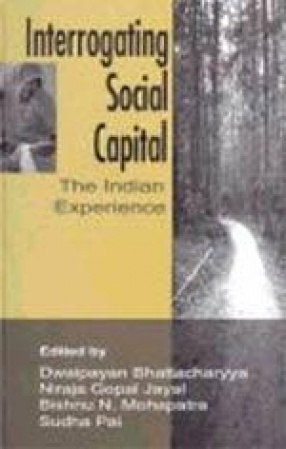
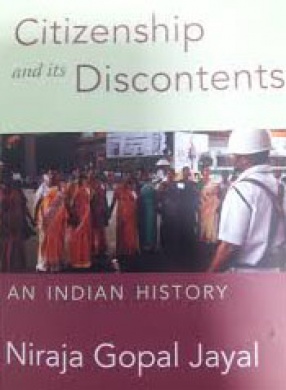
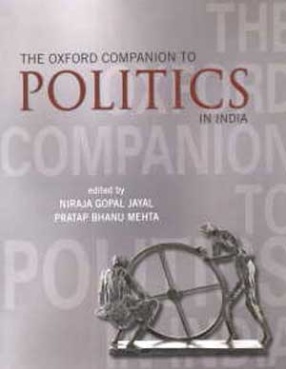
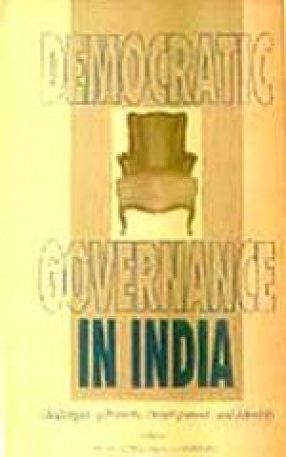
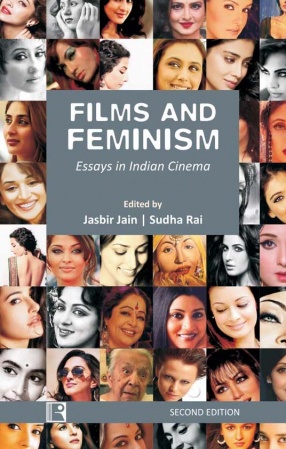



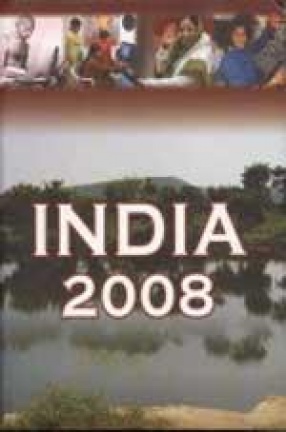
There are no reviews yet.